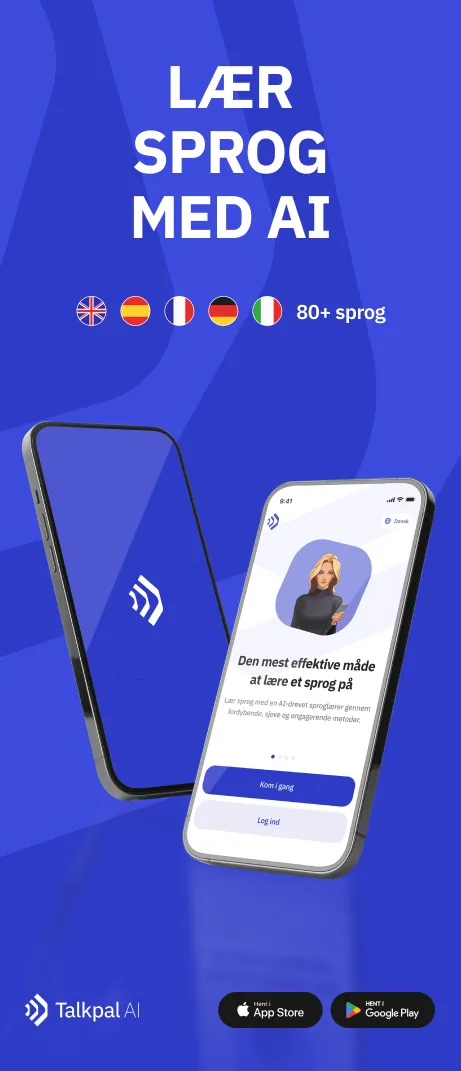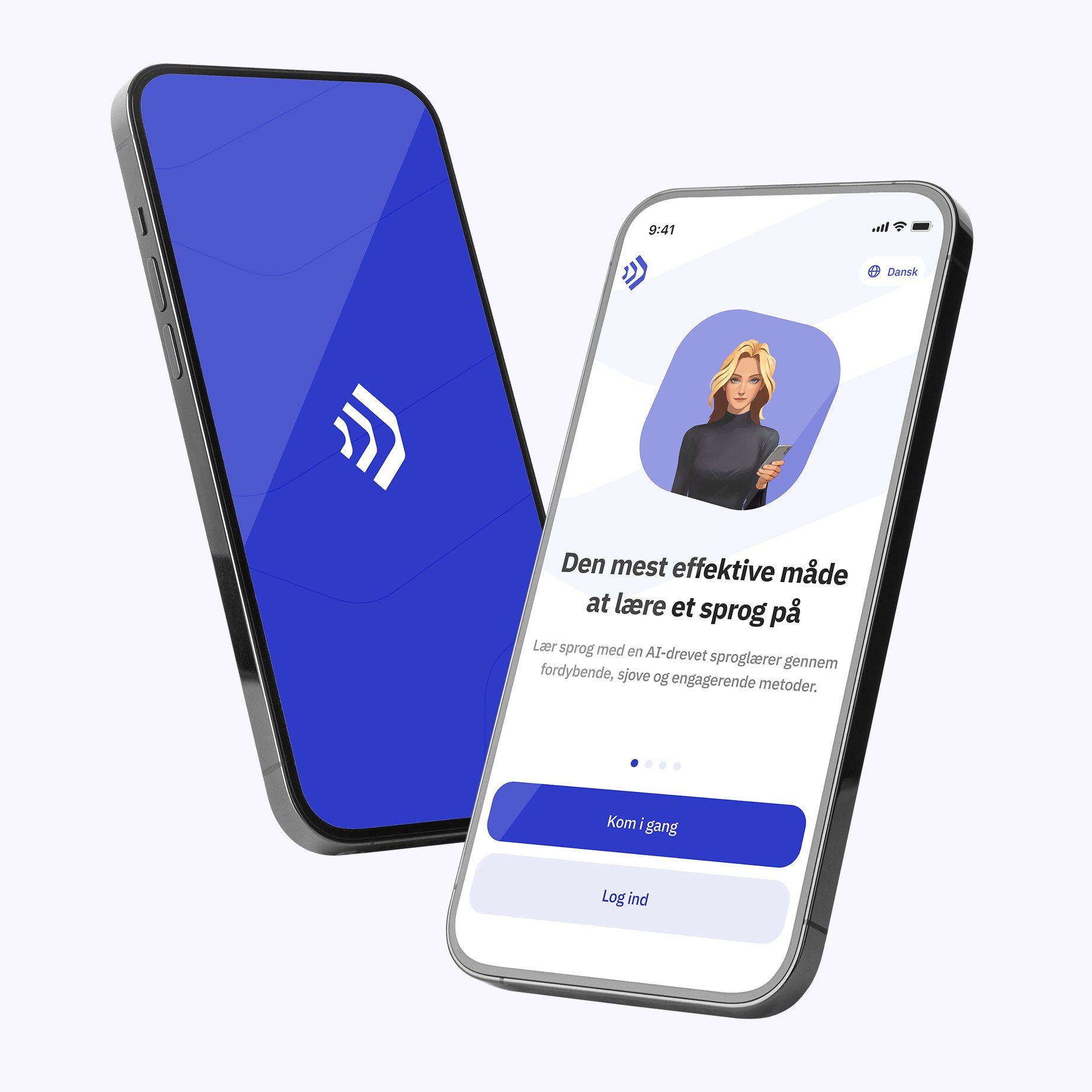Rapporterede taleøvelse 1: Tidsskift i udsagnsord
2. He said, “I *went* to the park yesterday.” (Skift til indirekte tale, datid til datid før datid)
3. They said, “We *have* finished our homework.” (Skift til indirekte tale, nutid perfektum til datid perfektum)
4. The teacher said, “You *must* study harder.” (Skift til indirekte tale, modalverbum skal ændres)
5. She said, “I *can* swim well.” (Skift til indirekte tale, modalverbum kan ændres)
6. He said, “I *will* call you tomorrow.” (Skift til indirekte tale, fremtid skal ændres)
7. They said, “We *are* waiting for the bus.” (Skift til indirekte tale, nutid til datid)
8. The manager said, “We *have been* working all day.” (Skift til indirekte tale, nutid perfektum kontinuerlig til datid)
9. She said, “I *saw* the movie last week.” (Skift til indirekte tale, datid til datid før datid)
10. He said, “I *do* not like coffee.” (Skift til indirekte tale, nutid til datid)
Rapporterede taleøvelse 2: Pronomener og stedord i indirekte tale
2. He said, “You are very kind.” → He said that *I* was very kind. (Skift subjekt fra 2. person til 1. person)
3. They said, “We like this place.” → They said that *they* liked that place. (Skift stedord og tid)
4. She said, “My car is new.” → She said that *her* car was new. (Skift ejestedord)
5. He said, “This is my house.” → He said that *that* was his house. (Skift stedord og ejestedord)
6. They said, “Our friends are coming.” → They said that *their* friends were coming. (Skift ejestedord)
7. She said, “You should do your homework.” → She said that *I* should do my homework. (Skift subjekt og ejestedord)
8. He said, “I will meet you here.” → He said that *he* would meet me there. (Skift stedord, pronomener og tid)
9. They said, “We saw you yesterday.” → They said that *they* had seen me the day before. (Skift tid og pronomener)
10. She said, “This book is interesting.” → She said that *that* book was interesting. (Skift stedord)










